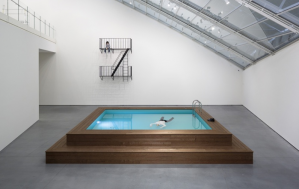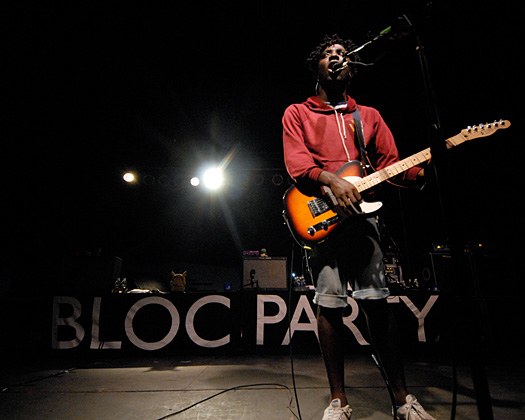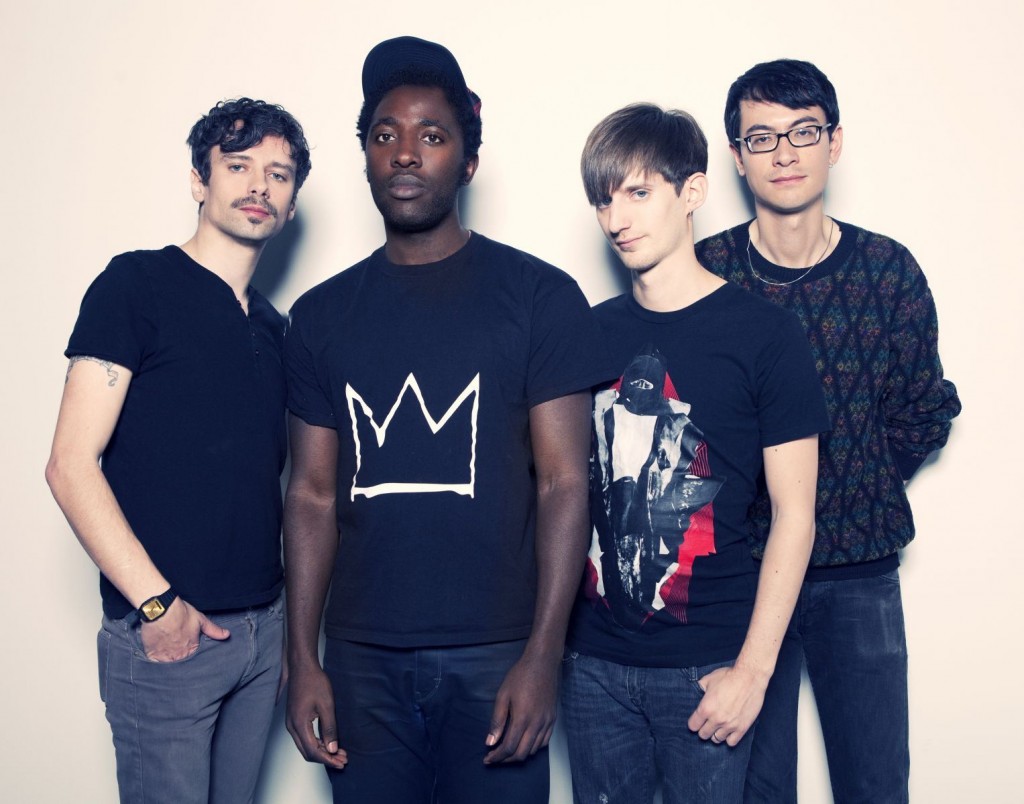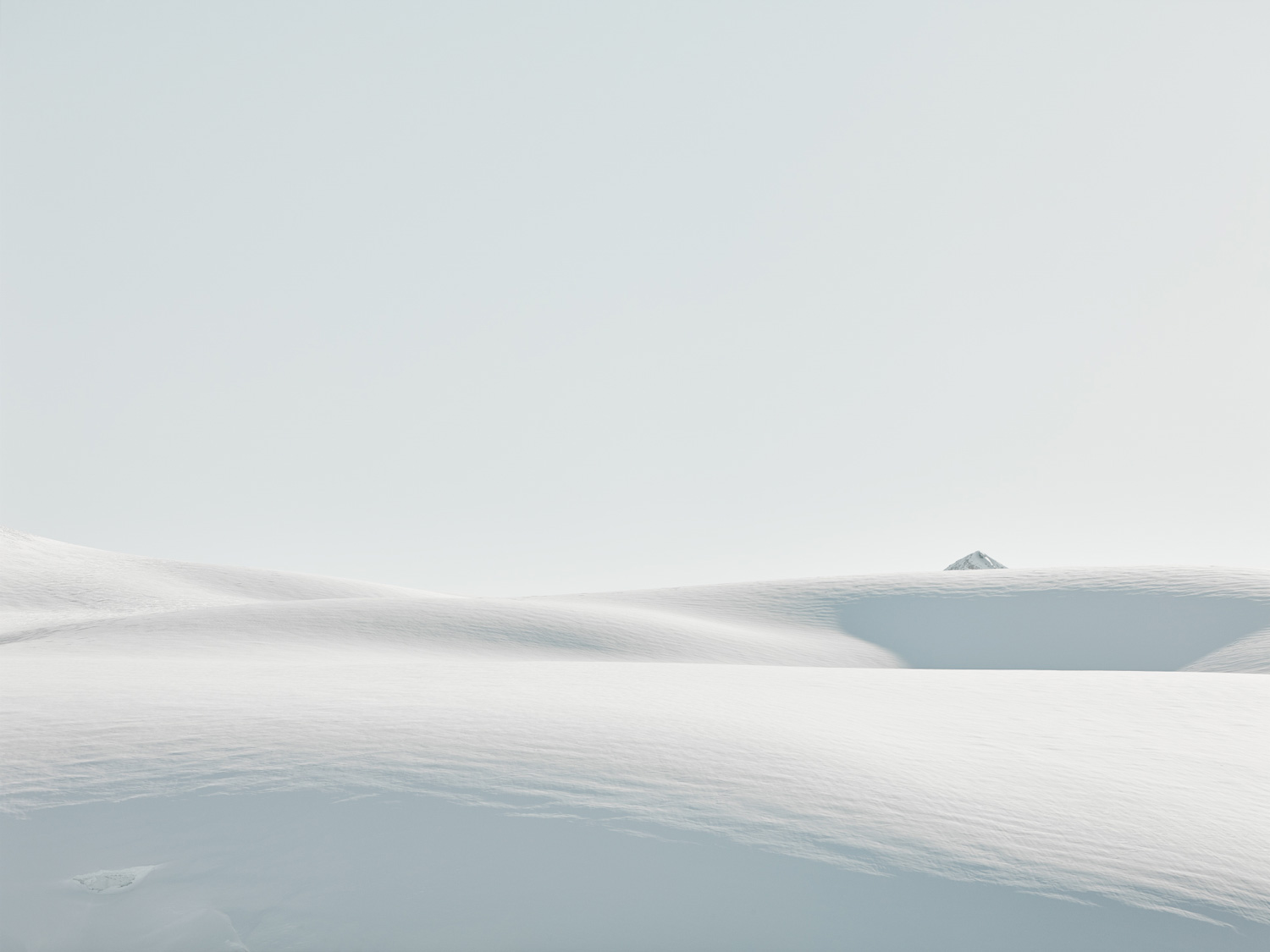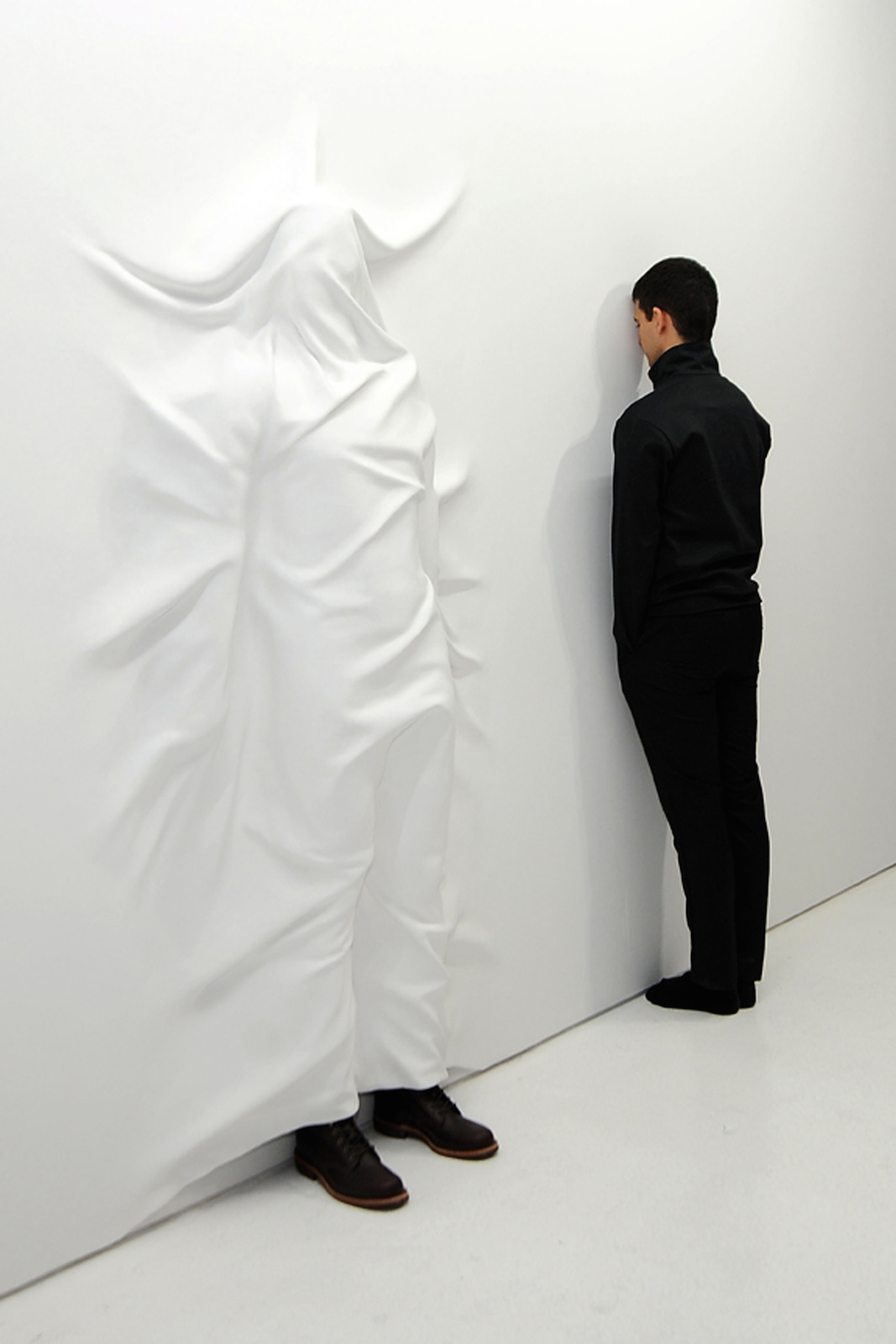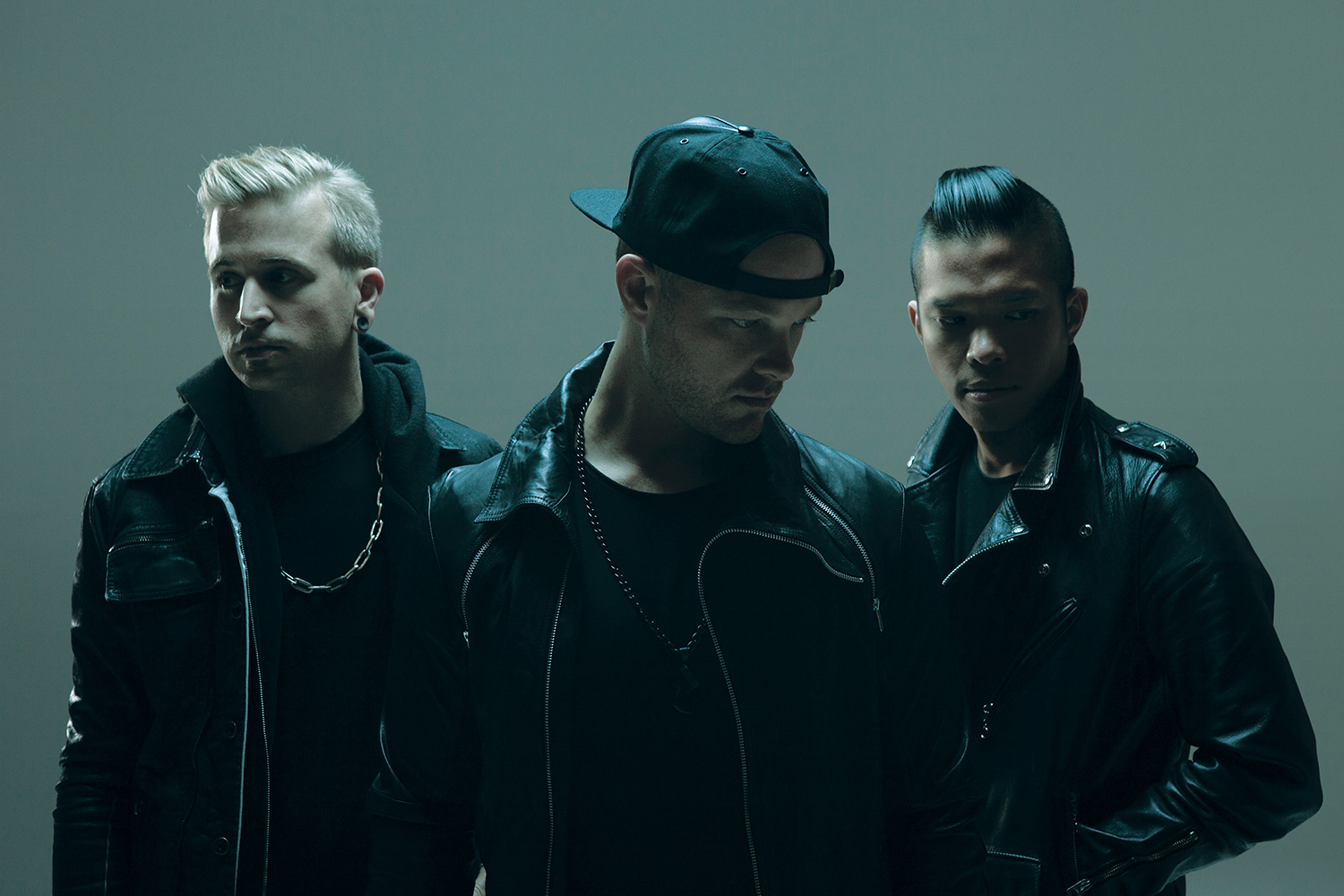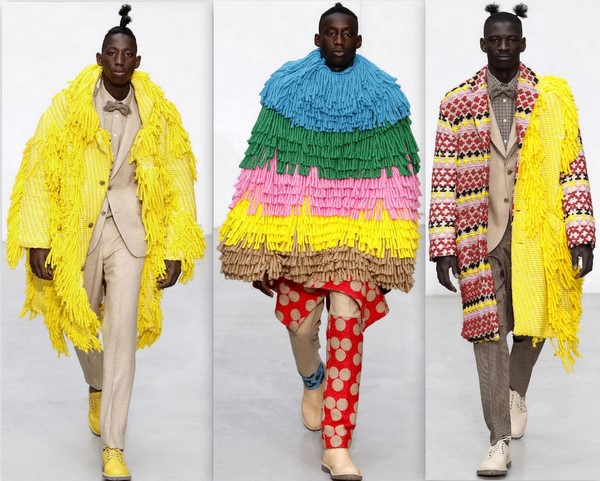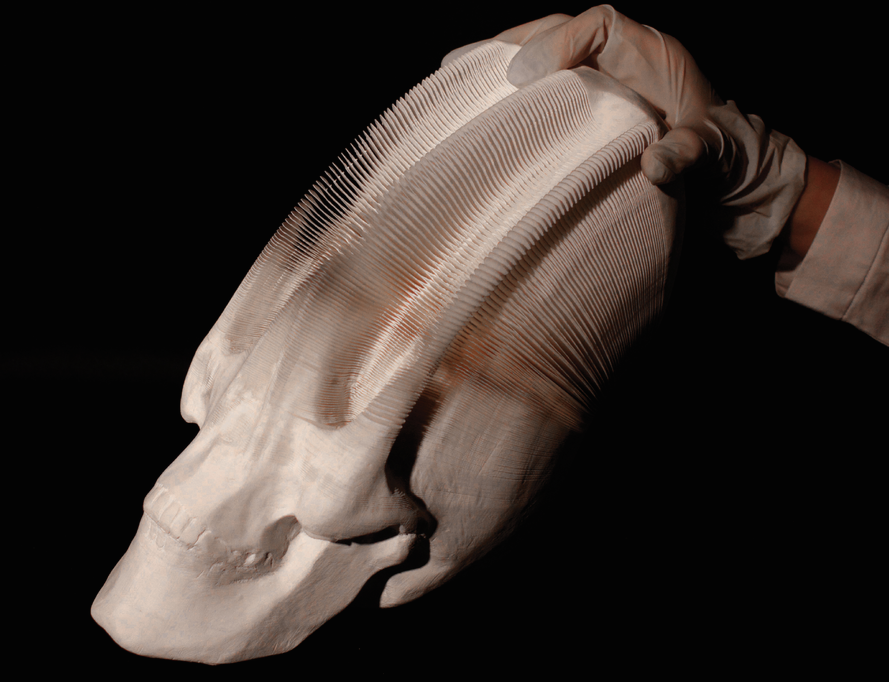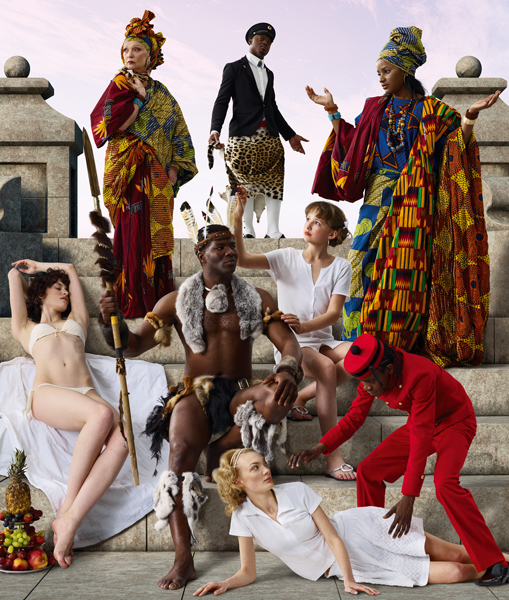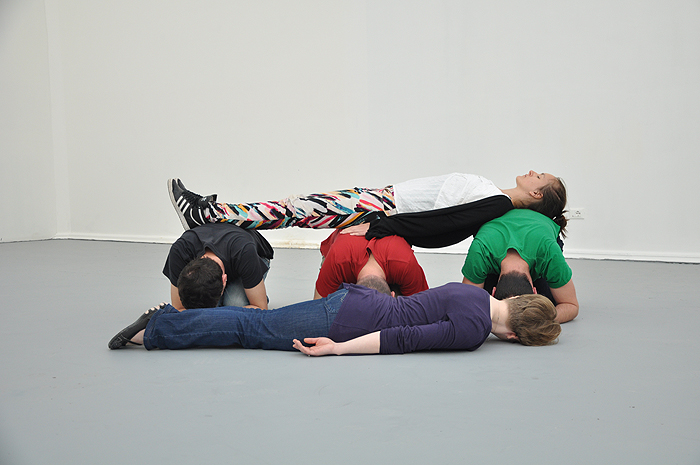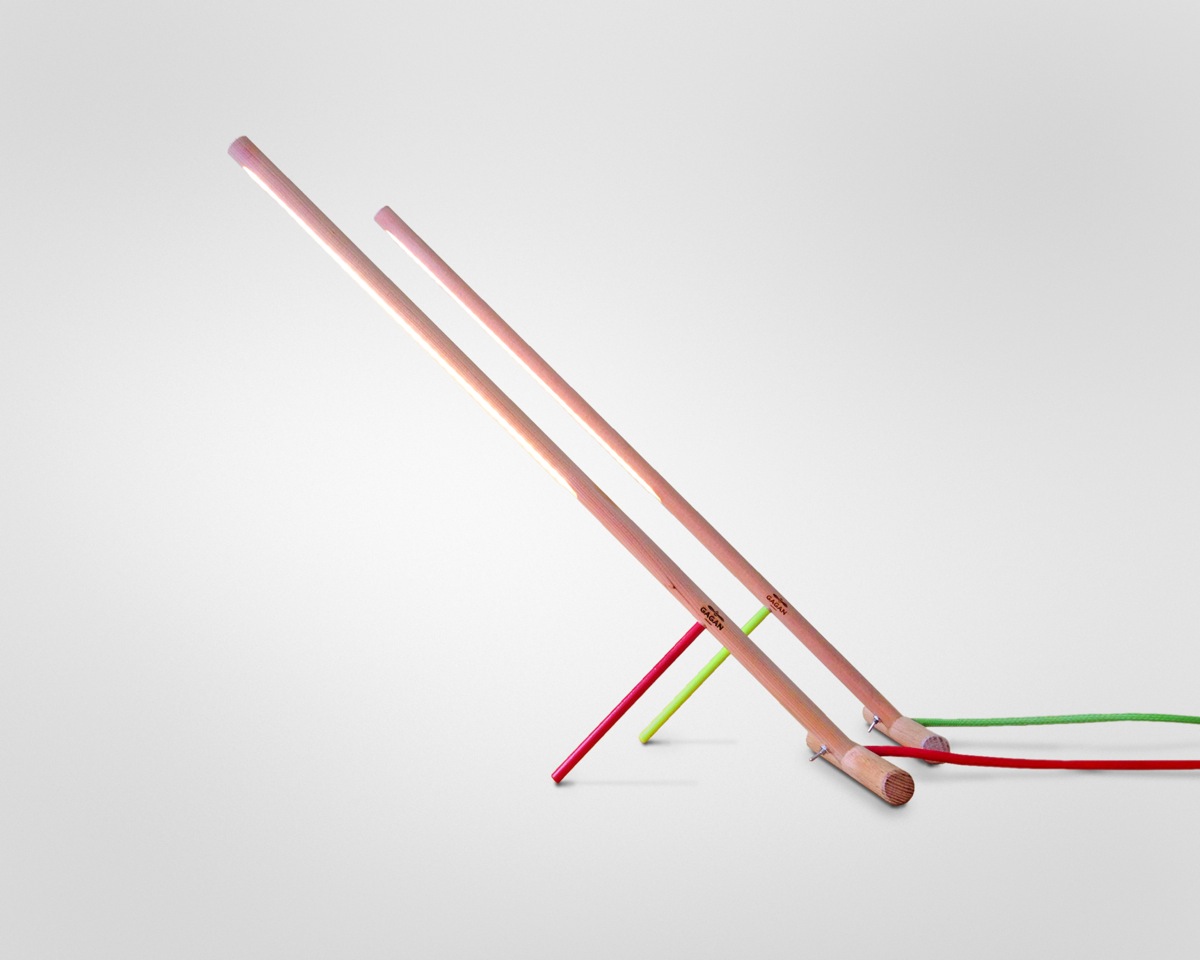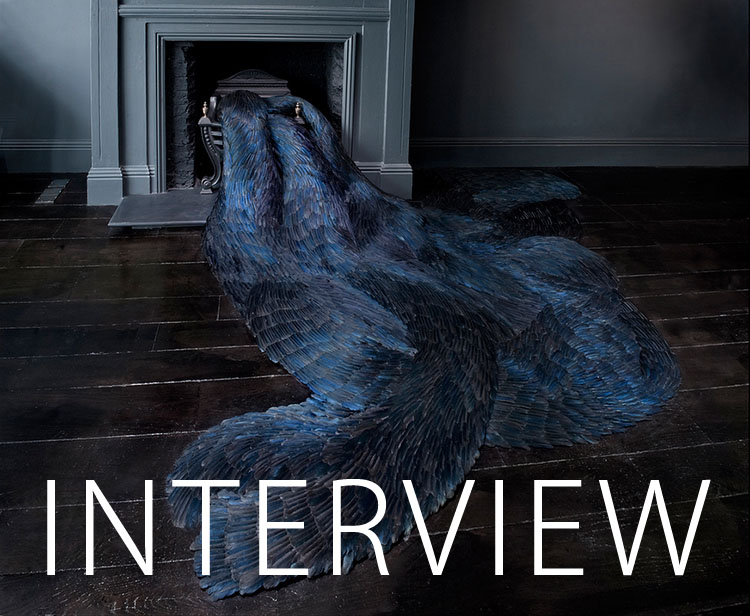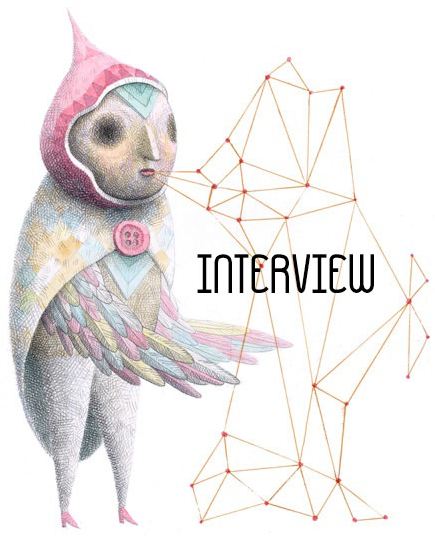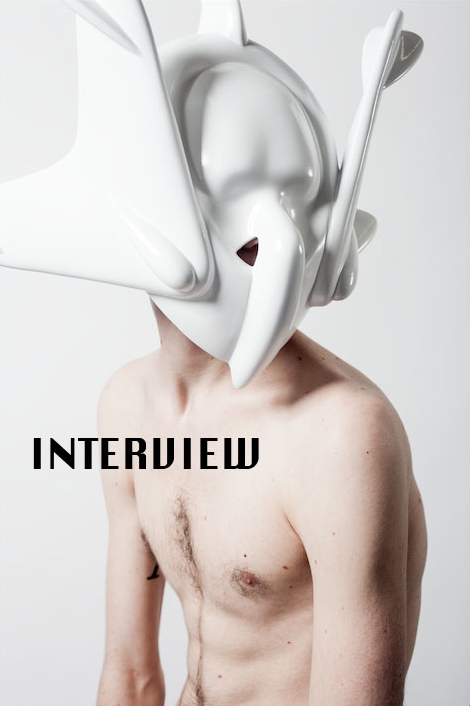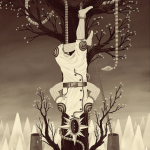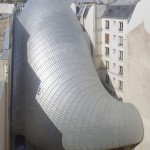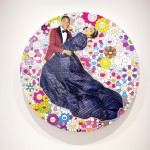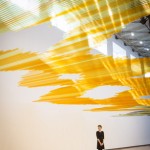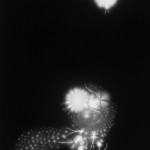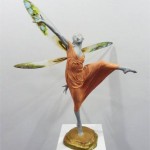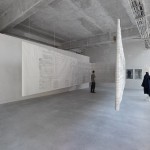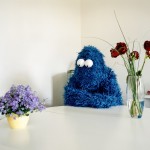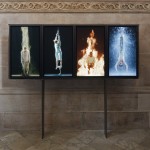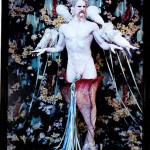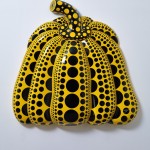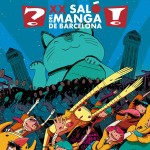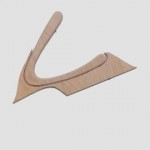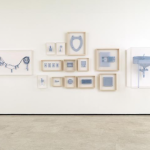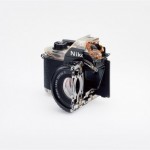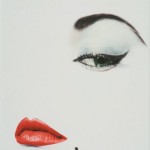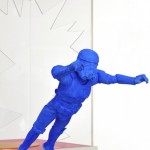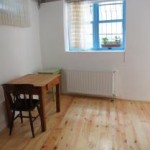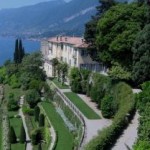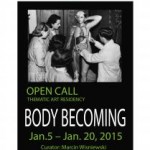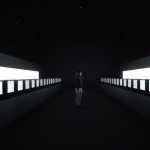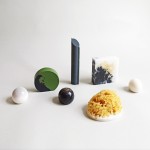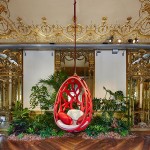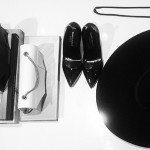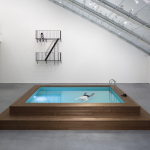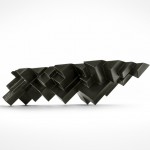INHALE is a cultural platform where artists are presented, where great projects are given credit and readers find inspiration. Think about Inhale as if it were a map: we can help you discover which are the must-see events all over the world, what is happening now in the artistic and cultural world as well as guide you through the latest designers’ products. Inhale interconnects domains that you are interested in, so that you will know all the events, places, galleries, studios that are a must-see. We have a 360 degree overview on art and culture and a passion to share.

If the title of The Nextwave Sessions isn’t doing a whole lot for you, that’s completely understandable. It’s the kind of literal, placeholder name usually stamped upon a stopgap release, “fans only, move along.” But let’s get a little Dan Brown with this and crack the code: Sessions. Wave. Next. These words suggest regularly scheduled studio gatherings, impetus, a future. How are we supposed to interpret this when Bloc Party just finished off the biggest tour of their career with the announcement of an indefinite and possibly infinite hiatus? Is the urgency and quick turnaround of The Nextwave Sessions an indication that we should keep the faith, that Bloc Party is in a refractory period following a triumphant and prolific past two years? Or are they taking advantage of a surplus of inspiration and momentum to go out on a high note?
Amongst other things, Nextwave shares that jumbled sense of purpose with its predecessor. On Four, Bloc Party returned after a contentious four-year break with conflicting agendas: it was a record that went to great lengths to prove it was effortless, an attempt to convey vigor by rehashing their old sound. By default, Nextwave is less scattered and more consistent: It’s only five songs. But “Ratchet” indicates that Bloc Party could’ve gone way further off the grid if they gave themselves enough time.
There’s a perverse thrill in hearing what is almost certainly the worst song Bloc Party could write and still be proud enough to include on a commercially available recording. It’s easy to see how “Ratchet” appeals to Bloc Party– honed throughout their Four tour as a future fan favorite, you can imagine how leading an arena in a chant of “we go ratchet!” could be cathartic or at least a nice change of pace for a band with a deadly serious reputation. Of course, you might also be of the perfectly reasonable belief that it’s a fool’s errand for any rock band, let alone Bloc Party, to employ “ratchet” in its adjective form in 2013 without embarrassing themselves. If so, you’ll hear it no differently than the times when a rock band does a straight hip-hop cover with the best intentions and the worst execution even if Okereke’s ill bars about sour diesel and keepin’ it one hundred are his own.
“Obscene” is the other track Bloc Party recorded with producer Dan Carey and it forgoes the uplift mofo party plan of “Ratchet” to apply the slinky, synth-pop sheen he lent to Bat For Lashes and Chairlift last year. Since A Weekend In The City, Bloc Party’s best songs have been ballads. This can seem counterintuitive– Okereke’s voice isn’t particularly supple or suited to melody and restricting their lively rhythm section to electronics can feel like a misallocation of resources. But Okereke’s voice lends itself well to vulnerability, of trying to sing “pretty” when he doesn’t really have the physical capabilities for it. Likewise, there are only so many barbed riffs and jagged rhythms in Bloc Party’s repertory as a standard rock band, so experimenting with the production and textural qualities of R&B and hip-hop rather than the slang has proven wise.
All Bloc Party albums have at least two softbatch keepers, and the nice thing about Nextwave is that they’re easier to find. In addition to “Obscene, “Montreal” sounds like the comprehensive Bloc Party, tying in the storytelling lyricism of A Weekend In The City with the electronic, club-minded aesthetic of Intimacy and their remix albums, while guitarist Russell Lissack edges beyond his typical Edge atmospherics and post-punk downstrokes into chorused Police riffs. Elsewhere, “French Exit” is the same ol’ angular Bloc Party growing soft around the edges while the messianic streak in “Children of the Future” has a clumsy charm but not much else.
It does serve as a curious closer since Bloc Party introduced themselves as a band with a savior complex and has evolved into a more humane, fan-focused and knowable act, a cult affair on a mass level. Silent Alarm dealt in absolutes and theoreticals– the songs were either burners or ballads, Okereke in Code Red or a deep blue. Nextwave Sessions continues in the vein of Intimacy and Four in being the work of band that will make tracks using hip-hop vernacular if they feel like it, admit to being exhausted and test out hot producers without committing to an entire album, to make good on Okereke’s wish from “I Still Remember” to make more mistakes. All the same, praising Nextwave Sessions for being “interesting” feels like a cop out– Silent Alarm and even A Weekend In The City gave the listener as much to enjoy as it did to consider, but Bloc Party’s output since then has made it feel like those two qualities are mutually exclusive.
via pitchfork.com


